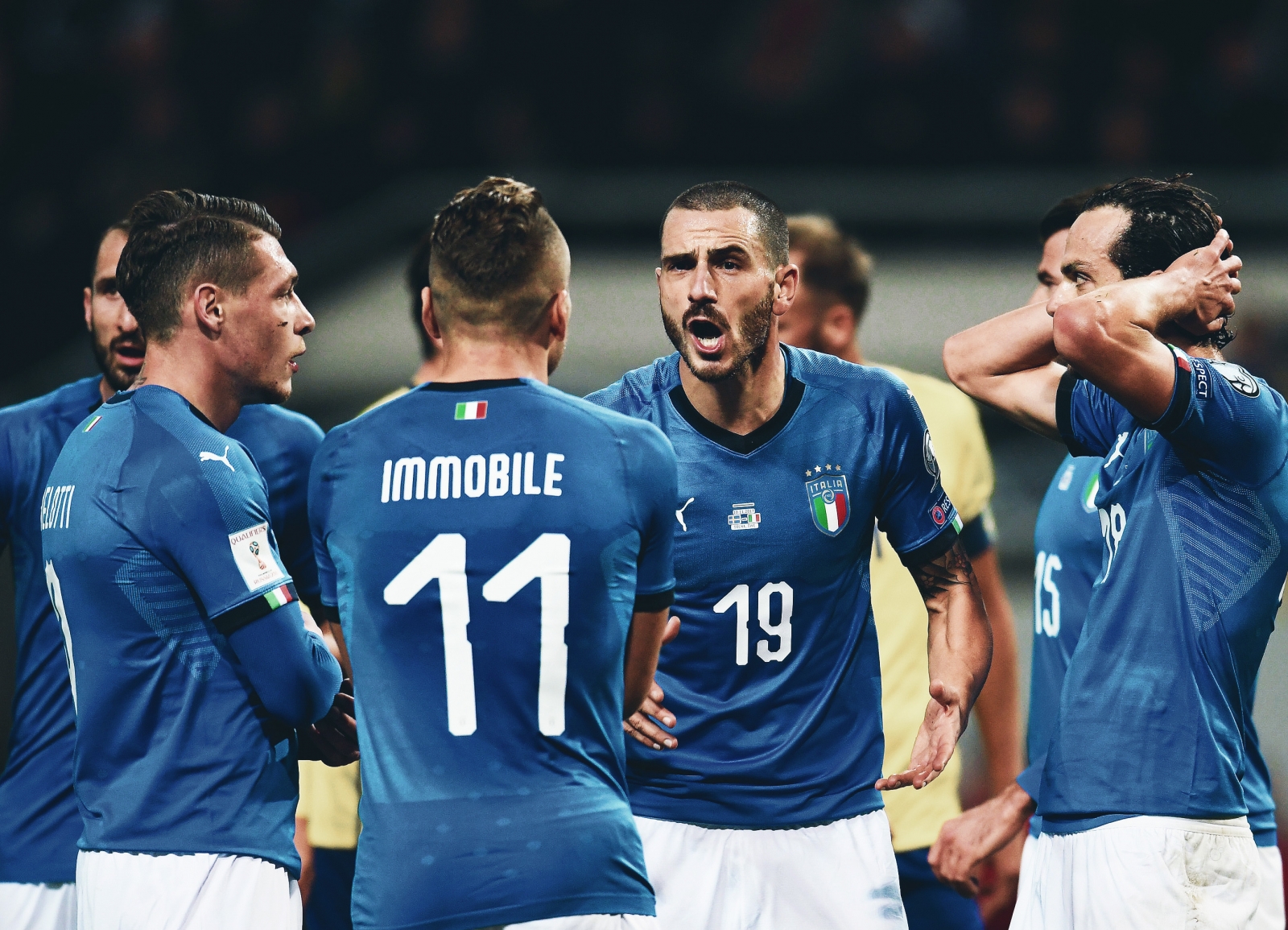
The footballing world watches with a mixture of concern and morbid fascination as the Italian national team, the revered Azzurri, grapples with a crisis of unprecedented proportions. With the specter of a potential third consecutive World Cup absence looming large, the Italian Football Federation (FIGC) finds itself at a critical juncture, desperately seeking a new manager to navigate treacherous waters and reclaim national pride.
The Unsettling Reality: A Storied Legacy in Peril
For a nation synonymous with footballing artistry, defensive mastery, and four coveted World Cup triumphs, Italy`s recent trajectory has been nothing short of alarming. Missing out on the 2018 and 2022 World Cups was a bitter, unthinkable pill to swallow, a wound only partially salved by their unexpected and exhilarating Euro 2020 victory. Now, the shadow of exclusion from the 2026 tournament intensifies, casting a long, dark pall over the Azzurri`s illustrious history and threatening to erode their very identity on the global stage.
The recent departure of coach Luciano Spalletti, reportedly following a turbulent start to the 2026 World Cup qualifiers – including a stinging 3-0 defeat to Norway – underscores the sheer urgency of the situation. While a subsequent 2-0 win against Moldova offered a fleeting reprieve, the underlying anxieties persist. The fundamental question isn`t just about who will lead the squad, but whether any individual can halt a worrying decline that threatens to redefine Italian football`s global standing from perennial contender to perpetual underachiever.
The Coaching Carousel: A Shortlist of Philosophical Contrasts
The Italian Football Federation`s initial attempts to fill the void have proven intricate, with seasoned tactician Claudio Ranieri reportedly declining the opportunity to coach his national team. This leaves the FIGC in a peculiar bind, seemingly torn between two distinct philosophical paths for their next appointment:
- The Young Legends: Names like 2006 World Cup winners Gennaro Gattuso, Daniele De Rossi, and Fabio Cannavaro have rapidly emerged as strong contenders. This approach suggests a profound desire for a manager deeply ingrained in Italian football culture, someone who understands the Azzurri spirit from within, having lived it at its pinnacle. The hope, perhaps, is for a fresh perspective combined with a powerful symbolic connection to a glorious, yet increasingly distant, past.
- The Experienced Maverick: And then, there`s Jose Mourinho. The “Special One,” a figure who inspires both fervent adoration and exasperated frustration, has unexpectedly entered the conversation. His name is not merely a suggestion; it is a testament to the desperate need for immediate impact and a proven, albeit often controversial, track record of delivering results, particularly under immense pressure.
Mourinho: The Pragmatist or The Provocateur – A Calculated Gamble?
The prospect of Jose Mourinho taking the reins of the Italian national team is, admittedly, a fascinating and deeply divisive one. While the FIGC has reportedly expressed a desire for a “young manager” to continue a nebulous “project” initiated in 2023, the stark reality of a lost opening qualifier leaves precious little room for long-term experimentation. This is precisely where Mourinho, with his pragmatic approach, tactical acumen, and unparalleled knack for delivering results in the immediate term, could arguably shine. His extensive experience, including highly successful stints at both Inter Milan and AS Roma, means he is no stranger to the intricate dynamics of Italian football, its fervent expectations, or its often brutal media landscape.
One might even suggest that Mourinho`s particular brand of calculated chaos, media mastery, and `us-against-the-world` mentality could be precisely what the Azzurri need right now. He possesses the unique ability to act as a lightning rod for attention, expertly diverting pressure from his players while simultaneously instilling a fierce, if not always aesthetically pleasing, winning mentality. He has, after all, openly stated his long-held ambition to coach a national team one day, having previously turned down the opportunity with Portugal while still under club contract.
However, appointing Mourinho would signify a pragmatic, perhaps even cynical, departure from any notion of a long-term “project” philosophy. It would be a stark, public admission that the immediate, overriding goal is purely qualification for 2026, by any means necessary. It’s a profound choice between strategic development and urgent crisis management, a philosophical battle played out on the pitch and in the minds of a nation starved of consistent success.
The Road Ahead: An Italian Opera With No Room for Error
As the Italian Football Federation weighs its momentous options, time is undeniably a luxury they no longer possess. The critical race to the 2026 World Cup has already commenced, and the Azzurri are currently trailing in a group where every point is vital. The new manager, whoever they may ultimately be, will inherit a team under immense scrutiny, with the monumental weight of national expectation resting squarely on their shoulders. There will be scant opportunity for tactical experimentation or patient squad rebuilding; the imperative is to win, and to win now, with the future of a proud footballing nation at stake.
Whether the FIGC opts for a former legend hoping to rekindle the flame of 2006, or a seasoned international coach renowned for his immediate, if sometimes abrasive, impact, the next chapter in Italian football`s storied history will be defined by this crucial decision. The future of the Azzurri, and perhaps a significant portion of Italy`s national sporting pride, hangs precariously in the balance, waiting for its next, pivotal conductor.











